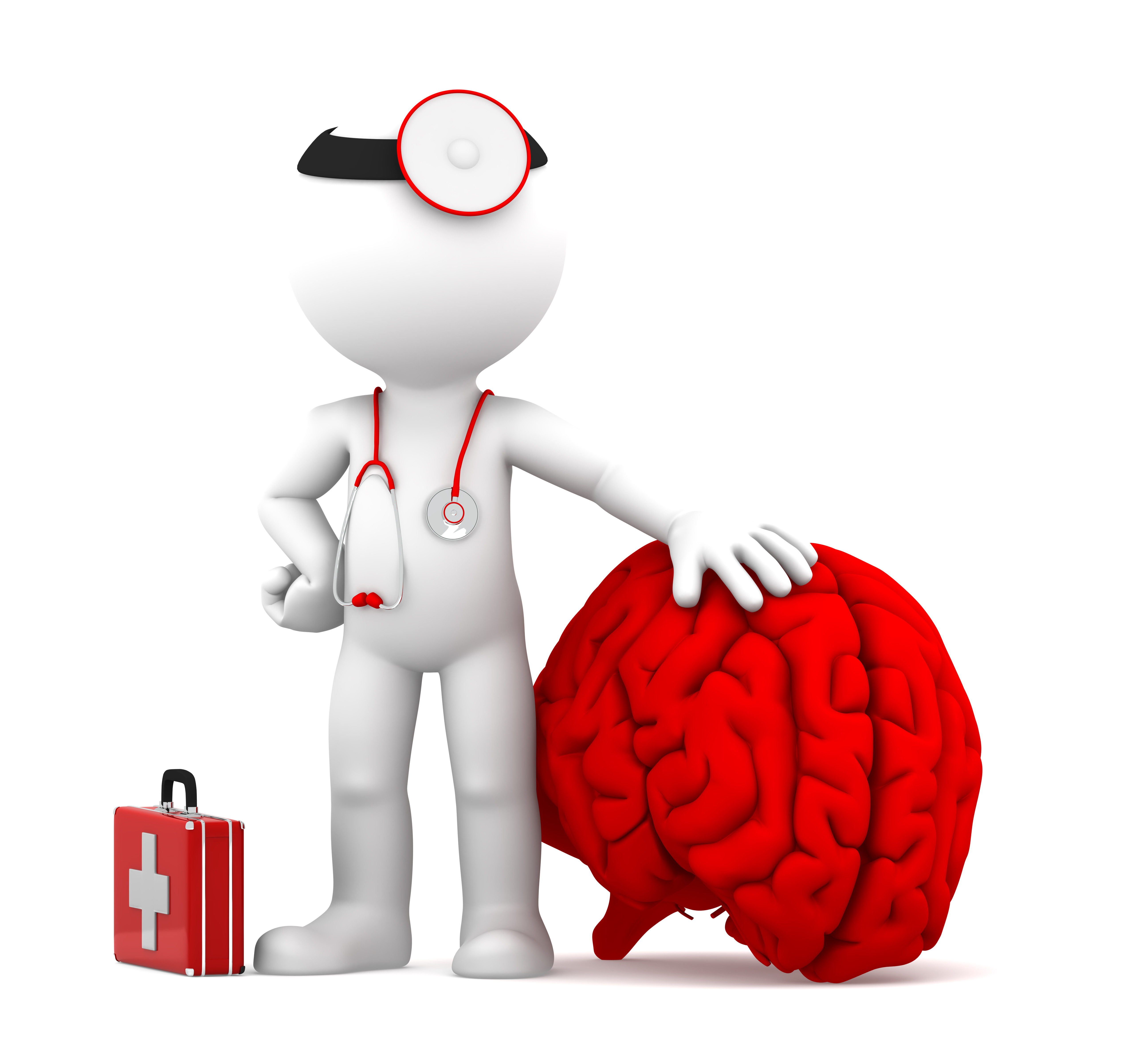Guillain-Barre Syndrome
Lesson 2
What is Guillain-Barre syndrome
Guillain-Barre syndrome (GBS) is a serious conditiond which causes inflammation of the peripheral nerves (the nerves which connect the central nervous system to the skin and muscles).
It damages nerves throughout the body and causes muscle weakness, sensory loss, and, in severe cases, paralysis.
In about 70% of cases, it begins with tingling and numbness in the limbs 1-4 weeks after a mild viral infection, such as a sore throat, bronchitis, or influenza.
This is followed by progressive weakness in the muscles of the limbs and face. In severe cases, the muscles that control breathing will also become weakened, which can lead to life-threatening respiratory problems.
SYMPTOMS
Tingling sensations and numbness in the feet, legs, hands, and elsewhere in the body.
Rapidly progressive muscle weakness of the arms and legs.
Weakness of the facial muscles.
Weakness of the muscles that control swallowing and speaking.
Difficulty breathing.
Paralysis (often temporary) of affected muscles.
Fortunately, the dangerous symptoms of GBS are usually only temporary. Although recuperation may be extended and occasionally not complete, most patients recover completely within 3-12 months.
There are approximately 900 new cases per year in the UK.
What causes Guillain-Barre syndrome
GBS is believed to be an autoimmune disease, that is, one in which the immune system attacks the body. The myelin sheaths that protect and cover nerves become inflamed and damaged, apparently because they are attacked by lymphocytes (white blood cells which play a part in the immune system).
Exactly what triggers this attack is unknown, although some believe it may be due to an allergic reaction to the virus underlying a recent illness.
Eventually this reaction stops, the myelin regrows, and the patient recovers.
ADVICE ON GBS
Physiotherapy exercises are the key to recovery. If you have GBS or are caring for someone who has, make sure the prescribed exercise regime is followed carefully.
Warm baths and heat pads can help promote limb movement, but take care not to cause burns to numb areas.
During recuperation, it is important for GBS patients to be able to rely on friends, family and carers for assistance, rather than risking injury by having to do things for themselves.
How is Guillain-Barre syndrome diagnosed and treated
Diagnosis is based on the medical history, observation of symptoms, a nervous system examination, and investigative tests including:
Blood tests: Used to eliminate lead poisoning.
Lumbar puncture: Here, a needle is inserted between the vertebrae of the spine under local anaesthetic to withdraw a sample of the cerebrospinal fluid which surrounds the nerve roots. In GBS, this
fluid often contains more protein than normal.
Electromyography (EMG): This test produces a continuous recording of the electrical activity of muscles in response to electrical stimulation of nerves. It shows the speed at which nerves function. In GBS, this is slowed or even blocked.
unit, is necessary in most cases. If the respiratory muscles are affected, the patient is put on a ventilator (breathing machine).
This requires the insertion of a tube into the trachea (windpipe) via the mouth or nose under anaesthetic.
Some neurologists (doctors specializing in nervous system disorders) recommend plasmapheresis, in which quantities of the plasma (blood fluid) is filtered out and replaced with healthy plasma at intervals over a period of five days. This halts the progression of muscle weakness and speeds recovery in some cases.
After the initial crisis is over, most GBS patients require an extended period of rehabilitative physiotherapy and occupational therapy to recover muscle function and strength. Some people need to relearn how to do simple actions like walking, typing and cooking.
While treatment is underway, appliances such as crutches, leg braces, or a wheelchair, may be necessary.
When should I see my doctor
If you develop persistent numbness or progressive muscle weakness, see your doctor immediately.
What will the doctor do
The doctor will take a detailed history and carry out a physical nervous system examination. If GBS is suspected, referral to a neurologist for clinical tests will be arranged.Is Guillain-Barre syndrome dangerous
In a small number of severely affected cases, potentially life-threatening complications can occur which require highly specialized nursing.
About 10% of patients continue to have chronic nerve problems. However, the majority of GBS patients recover significantly or completely.
FURTHER INFORMATION
Guillain-Barré syndrome, CIDP and other associated inflammatory neuropathies can have a devastating effect on those diagnosed and their family and friends. Our help is available for everyone, whether you are the patient or close to someone who has been diagnosed.
Helpline
Please contact us between 9am and 3pm (Monday to Friday) on our freephone number 0800 374803 (UK) or 1800 806152 (RoI)
Our helpline is free, and is available during office hours. Outside these hours, please feel free to leave a message (name and phone number) and we will get back to you on the next working day.
Talk with others affected by GBS/CIDP and related illnesses
If you would like to talk to one of our volunteers who has first hand experience of living with and recovering from these conditions, give us a few details about yourself (age, diagnosis, stage of recovery, etc), and we’ll put you in touch with someone for a chat.
This could be by phone, email, Whats App, Skype/Facetime or, if we have a volunteer in your area, a visit may be possible.
One to one peer support
UK: 0800 374 803 / Ireland: 1800 806 152
Not resident in UK or Ireland?
Sorry, we cannot visit or telephone you but please feel free to download our information free of charge.
http://gaincharity.org.uk/faq-page/
